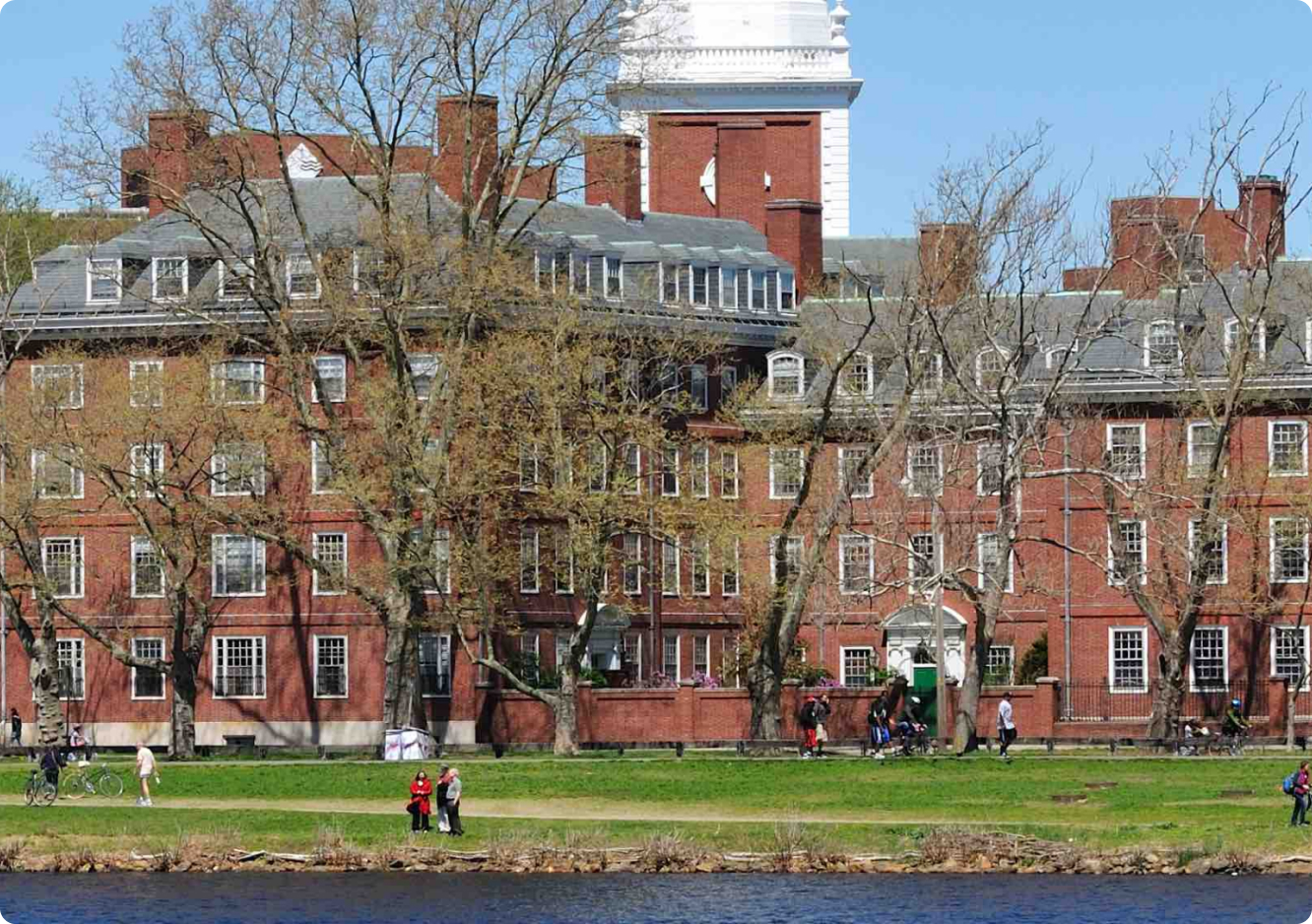
Summer is the perfect time to start thinking about your college list, but with more than 2,000 four-year options in the United States, it’s easy to get overwhelmed. Factors such as your academic interests, campus setting and size of the student body are a great place to start when narrowing down your list. However, there are many other characteristics that might make a college or university the perfect fit.
Are you the type of student who knows your carbon footprint? Are you the leader of sustainability initiatives in your community? Do you have concerns about the future of the planet and want to do something about it? Check out this list of some of the “greenest” US campuses that are exemplary in both academics and eco-friendliness.
Colorado State University: Fort Collins, COCSU is the first school in the world to receive a platinum star by the Sustainability Tracking, Assessment & Rating System (STARS). More than 90% of the academic departments on campus are conducting sustainability-related research, and close to 1,000 courses are offered with sustainability content.
Stanford University: Stanford, CA
Stanford has more than 20 “green” clubs on campus open to students of all majors. Organizations such as the Stanford Gleaning Project harvest fruits and organic vegetables which are often donated to local charities. In fact, close to 50% of the food served in Stanford’s dining halls is either organic or locally sourced.
Sterling College: Craftsbury College, VT
Sterling has a student-run farm that produces 20% of the food served on campus, and they removed all vending machines more than a decade ago. The campus is also a leader in solar energy, with the ability to power more than 80% of its electricity usage using solar power.
University of Connecticut: Storrs, CT
UConn established a 25-person Environmental Policy Advisory Council to focus on environmental regulatory compliance, green building and sustainability initiatives. Over 2.2 million square feet of campus buildings are LEED certified across all UConn campuses.
University of Washington: Seattle, WA
In 2008, UW established the office of Environmental Stewardship & Sustainability. Through this office, the university has become a “living laboratory” by providing grant opportunities to members of the university who want to implement projects that reduce the school’s environmental impact.
Colby College: Waterville, ME
In 2013, Colby became just the fourth college in the country to achieve carbon neutrality. Much of Colby’s campus is a Maine wildlife management area, and the college’s Environmental Studies program is one of the best in the country.

Kyle received a BS from Vanderbilt University and worked in admissions at the State University of New York at Buffalo and Rice University, where oversaw the BS/MD program with Baylor College of Medicine. Kyle is an IECA Associate Member.

